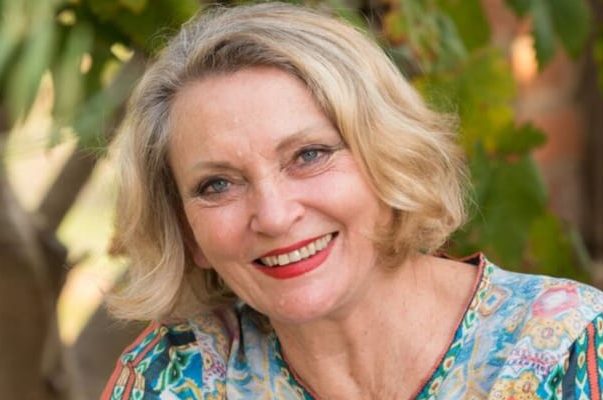
COLIN STEELE reviews three new memoirs by authors impacted at the loss of their mothers when they were children.
DO memoirs reveal the true person? A question that is not fully answered in the three memoirs by Robyn Davidson, Andrew Motion and Michael Frayn.
Philip Larkin, who features prominently in Andrew Motion’s memoir, “Sleeping on Islands”, once famously wrote: “They fuck you up, your mum and dad. They may not mean to, but they do”.
Robyn Davidson writes, “we never escape our mothers”, and certainly Davidson’s, Motion’s and Frayn’s lives were impacted by losing their mothers when they were children.
Memoirs have now supplanted autobiographies as best-selling books, particularly when they focus on a particular aspect of the author’s life, so that readers can experience the author’s loves and losses rather than a chronological, often self-congratulatory, narrative.

ROBYN Davidson certainly covers the bases of love and loss in her revealing memoir “Unfinished Woman”. Davidson, best known for her international best-selling book Tracks, describing her 1977 Australian desert trek, had a relatively idyllic childhood in 1950s country Queensland. This was dramatically overturned when, at the age of 11, Davidson’s mother hung herself in the garage and her father sent her to live with his no-nonsense spinster sister.
Davidson escapes Queensland when of age, working as a hostess in a Sydney gambling den in the late 1960s, then on to the London literary scene, staying with Doris Lessing and a tempestuous three-year on-and-off affair with (an unnamed in the book), Salman Rushdie, while he was writing “The Satanic Verses”. Later came the pursuit of freedom through nomadic travelling in Tibet and a long-term relationship with a Rajput aristocrat and politician.
In a reflective and absorbing memoir, Davidson’s initially attempts to bury her memories of her mother’s death but this leads on to a later midlife “breakdown”, which forces her to reflect on who she is and ultimately conclude: “My mother is as close to me, and is hidden from me, as my own face”.
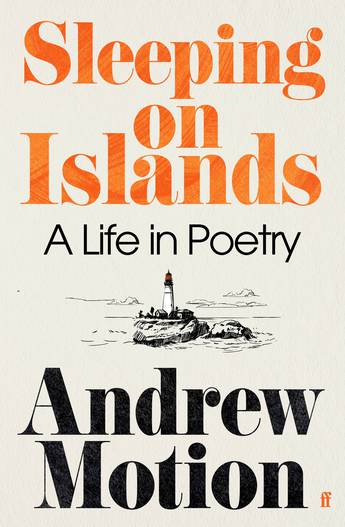
FORMER British Poet Laureate Andrew Motion “lost” his mother when he was 12 when she fell off her horse and was in a coma for years and severely disabled in a nursing home. Motion, who like Davidson, also had a reserved, uncommunicative father, said that he wrote to keep the memory of his mother alive.
Motion is less self-reflective than Davidson, instead documenting his increasing material and social success as a writer and poet. We don’t, therefore, get deep personal insights on his three marriages and his relocation later in life to America.
His social pathway, however, is decidedly entertaining and illuminating, including a weekend stay at Sandringham with the then Prince Charles, Camilla and a group of “luvvies and their partners”, such as Richard E Grant and Stephen Fry.
After the guests being offered pints of gin, Charles tells them all of his unhappy childhood and takes them on a tour on which Motion’s wife, seeing numerous frogs, asks the prince what would happen if she kissed one. “A surfeit of princes,” he responds.
An hilarious section documents the meeting of Motion and Les Murray, who is to receive the Queen’s Gold Medal for Poetry at Buckingham Palace. The Queen, who had previously told Motion that she didn’t read poetry, presents Murray with his medal who then promptly drops it on the floor.
The nervous Murray then embarks on a long monologue on the virtues of “Orstralia”, as the Queen puts it, ranging from kangaroos and wombats to the Sydney Harbour Bridge, which leaves the Queen quickly groping for the buzzer to summon the footmen.
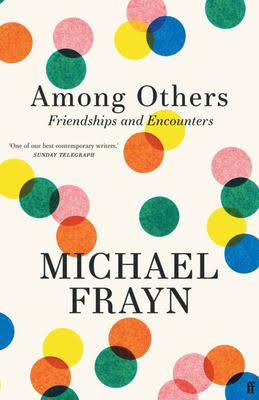
DISTINGUISHED British playwright, Michael Frayn, was traumatised when his mother died of a heart attack when he was 12, which he recounts in “Among Others: Friendships and Encounters”.
He and his sister apparently never spoke of her again in the house until Frayn wrote about her death in his 2010 book “My Father’s Fortune”.
His warm memoir is guided by the phrase “Tell me who you go with, and I’ll tell you who you are”, in which he documents his friends, such as Bamber Gascoigne and Neal Ascherson, who helped to shape his life and character.
Now 90, Frayn begins the last chapter, “like the story of man in the Bible, with a fall”. He takes readers on a fascinating physical and philosophical tour of his body, reflecting during a colonoscopy that he had eaten and excreted the weight of seven elephants over his lifetime. He concludes optimistically, “so while it lasts”, he sees his body as “a moment of celebration”.
Who can be trusted?
In a world of spin and confusion, there’s never been a more important time to support independent journalism in Canberra.
If you trust our work online and want to enforce the power of independent voices, I invite you to make a small contribution.
Every dollar of support is invested back into our journalism to help keep citynews.com.au strong and free.
Thank you,
Ian Meikle, editor
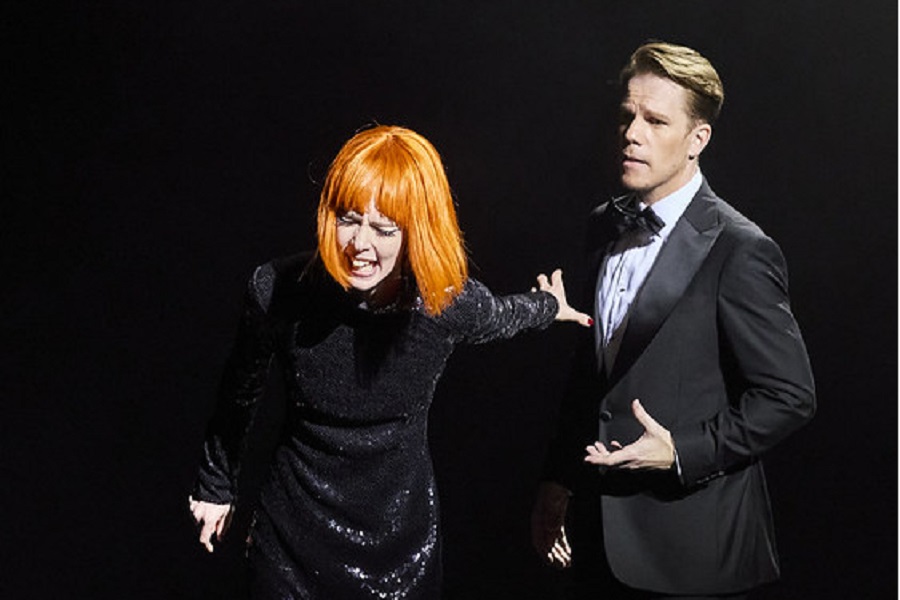
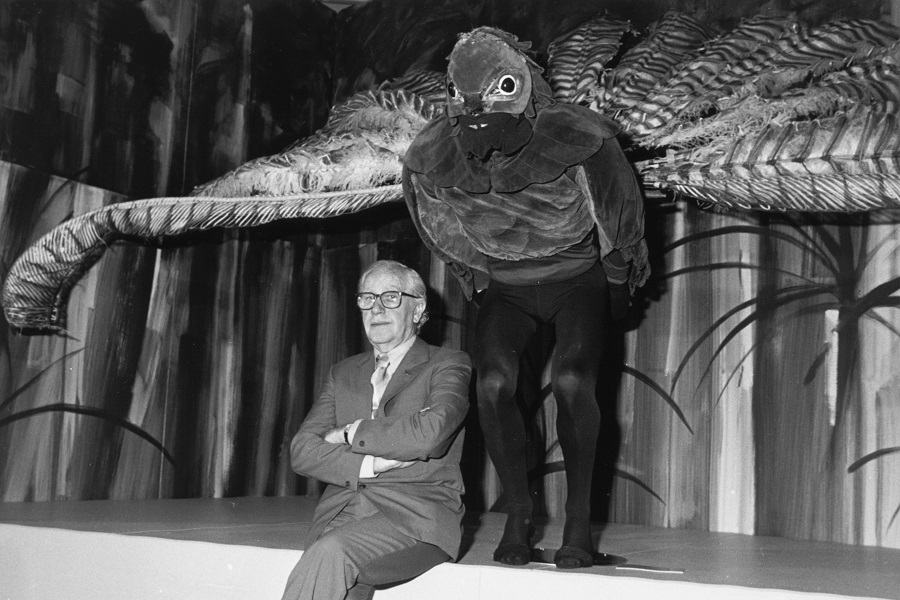
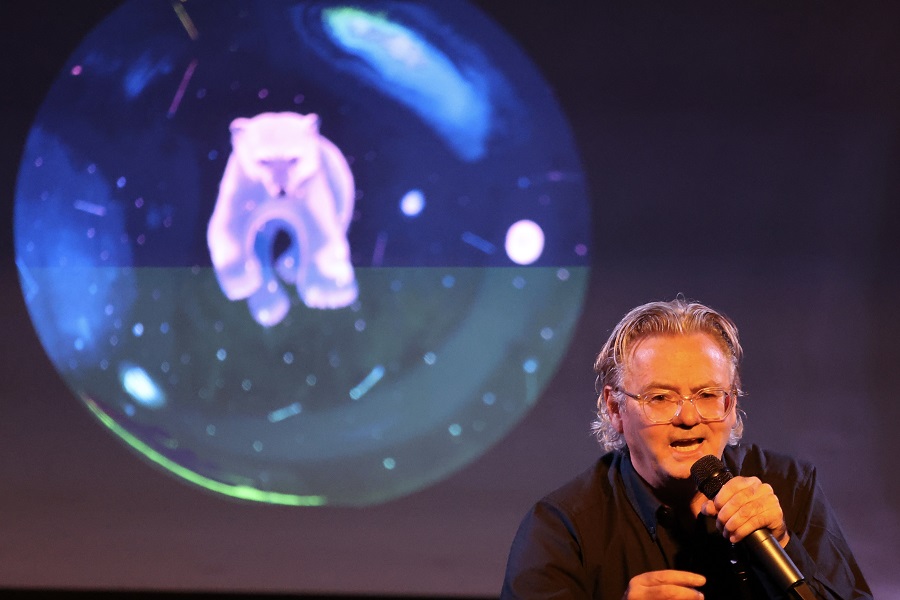





Leave a Reply